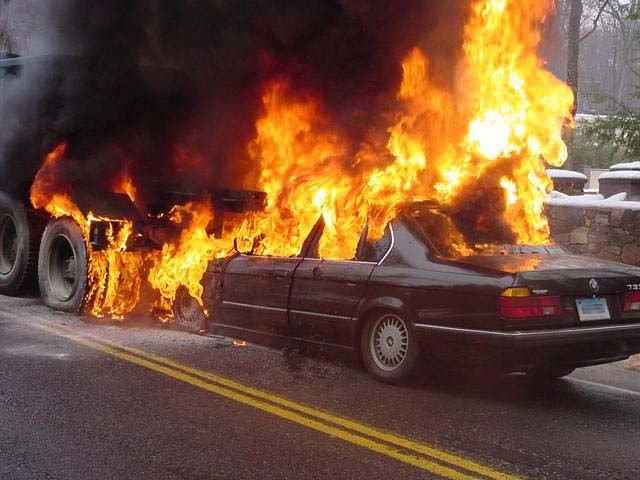According to a new report by the U.S. Centers for Disease Control and Prevention (CDC), 25% of fatal automobile accidents are associated with drivers who were tired or fell asleep behind the wheel. There are significant and deadly risks associated with drowsy driving.
 In the most recent U.S. Centers for Disease Control and Prevention (CDC) Morbidity and Mortality Weekly Report (MMWR), a study demonstrated that at least one out of every 25 drivers admitted to falling asleep behind the wheel over the last month.
In the most recent U.S. Centers for Disease Control and Prevention (CDC) Morbidity and Mortality Weekly Report (MMWR), a study demonstrated that at least one out of every 25 drivers admitted to falling asleep behind the wheel over the last month.
Binge Drinking Risk
According to the survey, 4.0% of respondents reported falling asleep while driving during the previous 30 days. Those who engaged in binge drinking were often more likely to be drowsy behind the wheel. The effects of the alcohol from binge drinking commonly cause “hangover” like symptoms leaving drivers less alert and causing delayed reactions.
Lack of Sleep Risk
Sleep deprivation was also a factor, the respondents who usually slept less than five hours a day reported drowsy driving more often than those who got in at least six hours of sleep per day. Drivers who got less sleep were also less likely to buckle up.
The CDC has indicated while drowsy driving typically causes single vehicle accidents where the driver goes off the road, sleep-related crashes are also disproportionately represented in rear-end and head-on collisions.
Many times drivers who “nod off” at the wheel cause head-on accidents at accelerated speeds with oncoming traffic if there is no median or barrier wall, frequently ending with fatalities.
CDC Recommendations and Tips
- Make sure you get enough sleep before getting behind the wheel.
- Avoid alcohol or other sedatives before driving
- Break up long driving trips with naps
- Drink coffee if feeling tired while driving
- Avoid driving late at night
- Pull over immediately if you feel yourself dozing off.
The CDC recommends drivers be watch out for signs that fatigue is affecting your driving such as frequent yawning, drifting from your lane, missing exits, and difficulty remembering the last few miles you just drove.
 Dallas Fort Worth Injury Lawyer Blog
Dallas Fort Worth Injury Lawyer Blog

